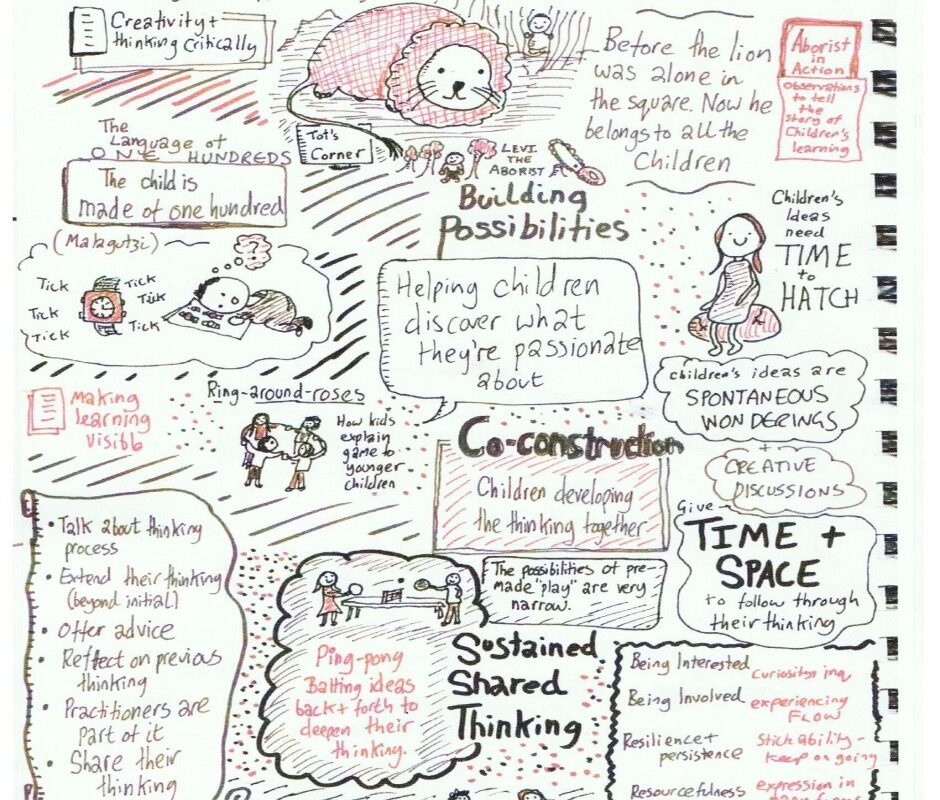Training and Conferences
The following outlines some of the training, conference keynotes and workshops Di has led to support the development of practice and thinking.
All training and cpd includes bespoke planning, support and follow up which is tailored to your professional needs. Please contact us to discuss what cpd you need, to register your interest, and find out further details.
Areas for training and conferences include the following aspects;
- ‘Recognising the potential of babies and toddlers’
- Listening to two year olds: observing to understand what children are doing and why?
- Supporting children’s learning and development – Observation and child development – documenting children’s progress
- Observing, assessing and mapping children’s progress through the EYFS
- The Characteristics of Learning – Play and Exploration, Active Learning and Creative and Critical Thinking
- Who leads the learning? Balancing child-initiated play with skilful adult-focused teaching
- The importance of Play – getting the balance right between child-initiated play and adult focused teaching
- Making the connections: What do children’s learning stories tell us about their creative and critical thinking?
- ‘Thinking aloud’ – Understanding young children’s creativity and critical thinking
- Learning environments for children – indoors and outdoors
- ‘Serve and Return’ : Quality interactions to support children’s sustained shared thinking
- Developing the underpinning skills for reading, writing and mathematics
- Talk for Maths Mastery - Maintaining the momentum of children’s development and learning
- International Perspectives on early childhood – New Zealand, Reggio Emilia, Ghana, Denmark and India
- Why do children need to chatter? The art of conversation and the development of children’s talking and thinking
- Exploring the school readiness agenda………..
- Effective Transitions - Supporting young children:‘The Transition of Pedagogy’
- Early Intervention – the leadership of good practice
- Good to Outstanding: Developing high quality early years practice
- ‘Inspirational child-centred practice in New Zealand’ Experiences of practice from New Zealand Early Years Centres
- Through the Eyes of a Child– following ideas, fascinations and interests
